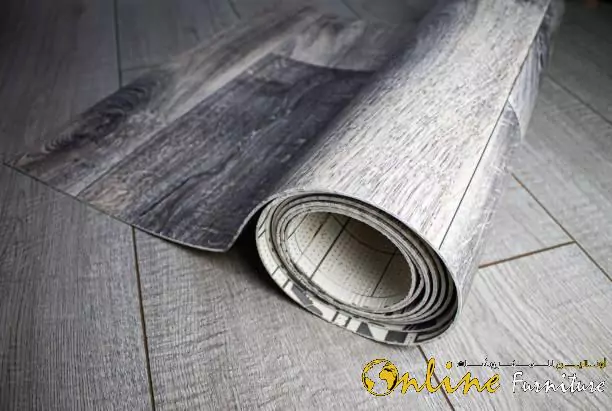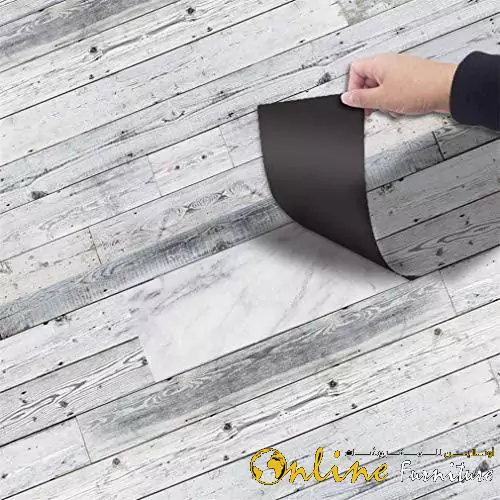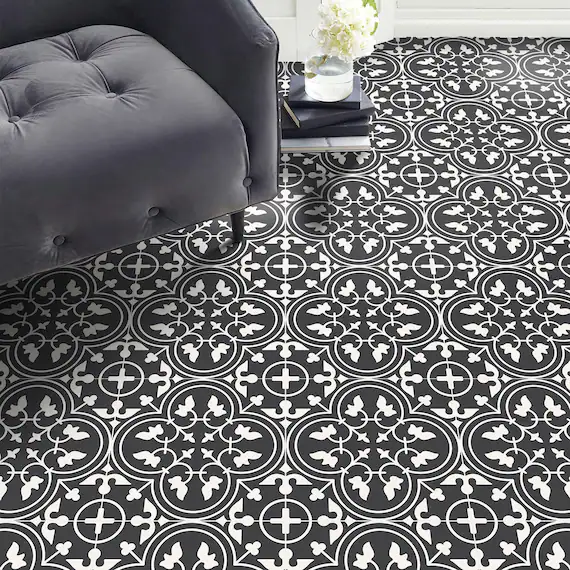Home / linoleum flooring
linoleum flooring

Linoleum flooring is a type of resilient flooring that is made from natural materials, such as linseed oil, pine resin, wood flour, cork dust, and mineral pigments. It has been used for over 150 years and is known for its durability, sustainability, and versatility.
Why you should invest in linoleum flooring?
One of the key advantages of linoleum flooring is its durability. It is highly resistant to wear and tear and can withstand heavy foot traffic without showing signs of damage or wear. It is also resistant to stains and spills, making it an ideal choice for high-traffic areas such as kitchens and bathrooms.
Another advantage of linoleum flooring is its sustainability. It is made from natural materials and is biodegradable, making it an eco-friendly choice for homeowners and businesses. It is also easy to clean and maintain, requiring only regular sweeping and mopping to keep it looking its best.
Linoleum flooring is also known for its versatility. It is available in a wide range of colors, patterns, and designs, making it easy to find a flooring option that matches your décor and design preferences. It can be used in a variety of settings, from residential homes to commercial spaces, and is suitable for use in almost any room of the house.
Finally, linoleum flooring is also known for its health benefits. It is hypoallergenic and resistant to mold and mildew, making it an ideal choice for individuals with allergies or respiratory issues. It also has natural antibacterial properties, making it a hygienic choice for kitchens, bathrooms, and other high-moisture areas.

Linoleum flooring offers a number of advantages

- Durability: Linoleum is a highly durable flooring material that is resistant to wear and tear. It can withstand heavy foot traffic without showing signs of damage or wear, making it ideal for high-traffic areas such as kitchens, hallways, and entryways.
- Sustainability: Linoleum is made from natural materials such as linseed oil, pine resin, wood flour, cork dust, and mineral pigments. It is a renewable resource and biodegradable, making it an eco-friendly flooring option.
- Versatility: Linoleum flooring is available in a wide range of colors, patterns, and designs, making it easy to find a flooring option that matches your décor and design preferences. It can be used in a variety of settings, from residential homes to commercial spaces, and is suitable for use in almost any room of the house.
- Low maintenance: Linoleum is easy to clean and maintain, requiring only regular sweeping and mopping to keep it looking its best. It is also resistant to stains and spills, making it an ideal choice for homes with children and pets.
- Health benefits: Linoleum flooring is hypoallergenic and resistant to mold and mildew, making it an ideal choice for individuals with allergies or respiratory issues. It also has natural antibacterial properties, making it a hygienic choice for kitchens, bathrooms, and other high-moisture areas.
Overall, linoleum flooring is a durable, sustainable, versatile, low-maintenance, and healthy flooring option that offers a range of benefits for homeowners and businesses alike.
FAQ'S
A: Linoleum flooring is a type of resilient flooring made from natural materials such as linseed oil, cork dust, wood flour, and natural pigments. It is known for its durability, versatility, and eco-friendliness.
A: The benefits of linoleum flooring include durability, sustainability, easy maintenance, and a wide range of colors and patterns to choose from. It is also a good choice for people with allergies as it does not trap dust and allergens.
A: Yes, linoleum flooring is eco-friendly as it is made from natural and renewable materials. It is also biodegradable and does not emit harmful chemicals or volatile organic compounds (VOCs).
A: Yes, linoleum flooring is easy to clean and maintain. Regular sweeping or vacuuming and occasional damp mopping with a mild cleaner are usually sufficient to keep the floor clean and looking new. It is important to avoid using abrasive cleaners or harsh chemicals that can damage the floor.
A: Yes, linoleum flooring can be installed over concrete as long as the concrete is clean, dry, and level. It is important to follow the manufacturer’s installation instructions for best results.
A: Yes, linoleum flooring is suitable for kitchens and bathrooms as it is water-resistant and easy to clean. It is important to choose a type of linoleum flooring that is suitable for high-moisture areas.
A: Yes, linoleum flooring can be repaired if it gets scratched or damaged. Minor scratches can be buffed out with a soft cloth or sandpaper, while larger scratches or cuts may require a patch or replacement of the affected area.
A: Linoleum flooring is made from natural materials and is more eco-friendly and durable than vinyl flooring, which is made from synthetic materials. Linoleum flooring is also more expensive than vinyl flooring but offers more design options and a longer lifespan.






